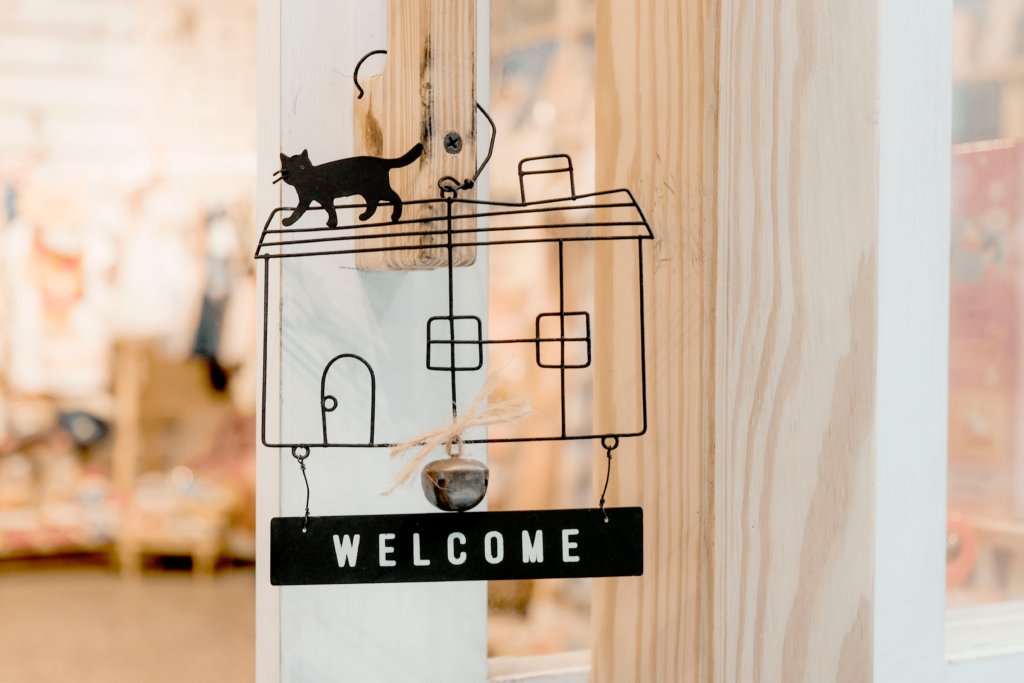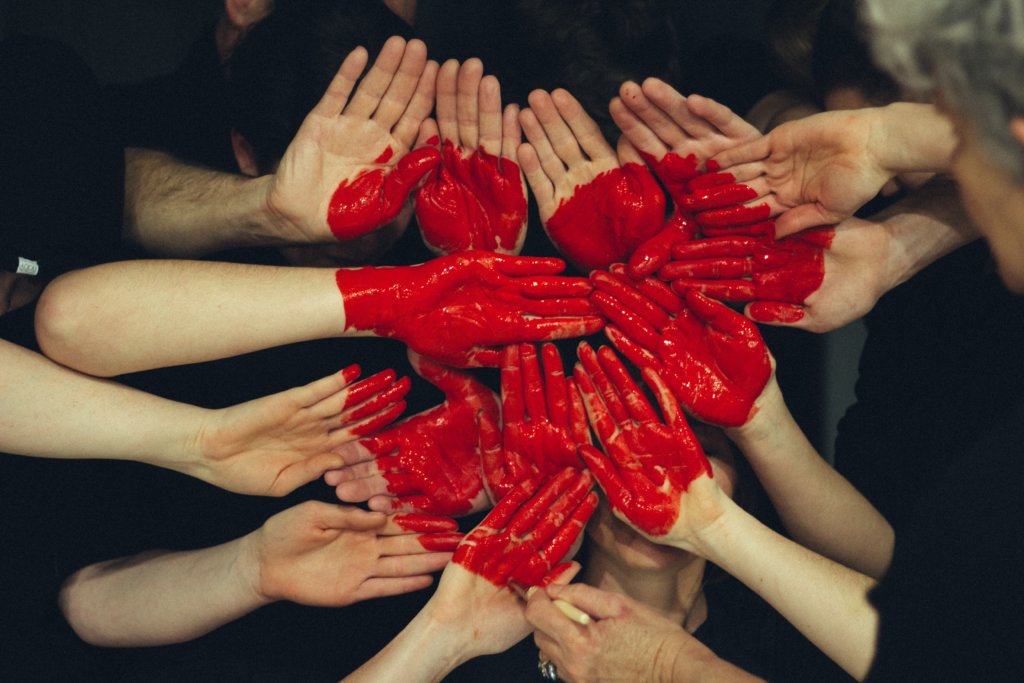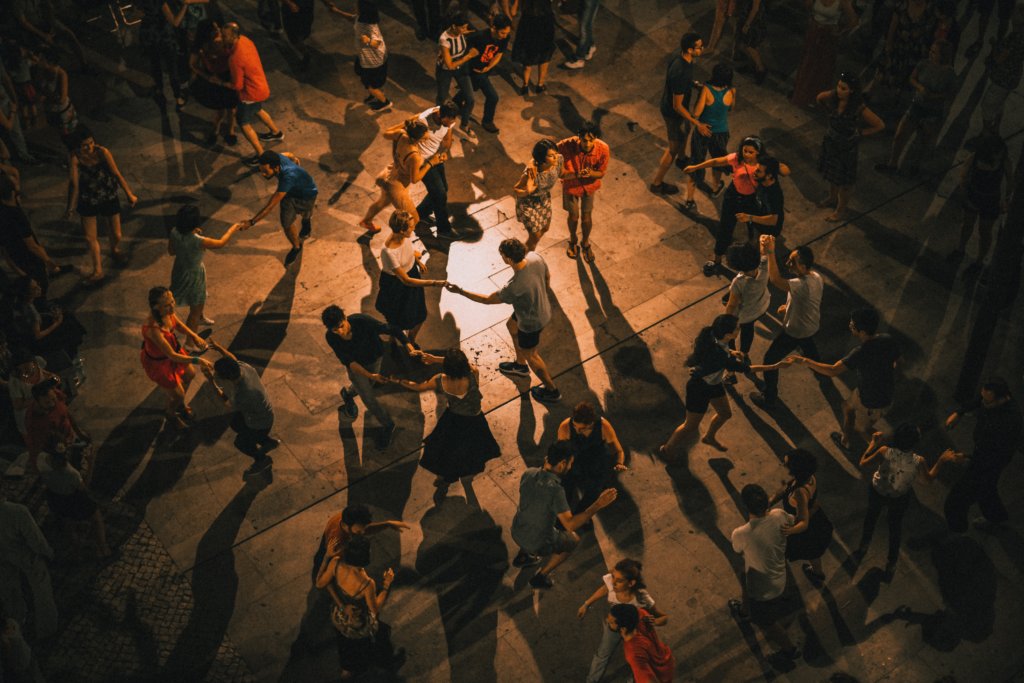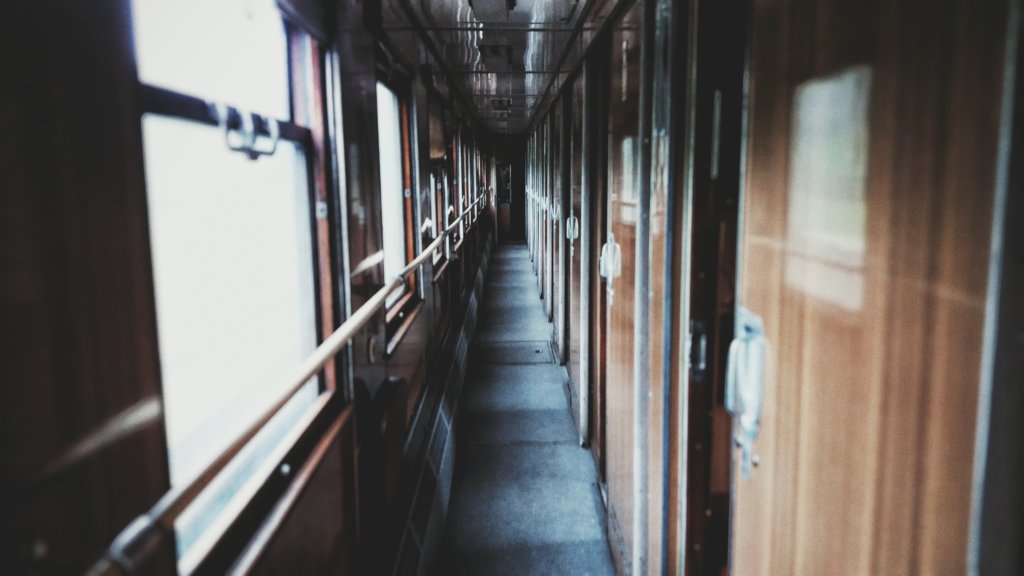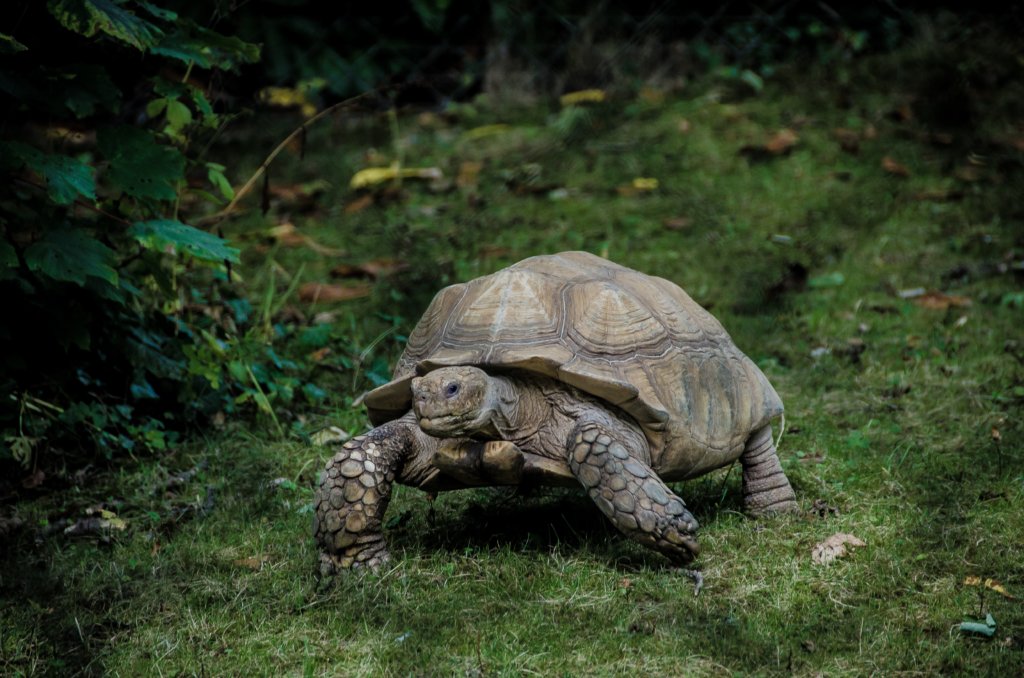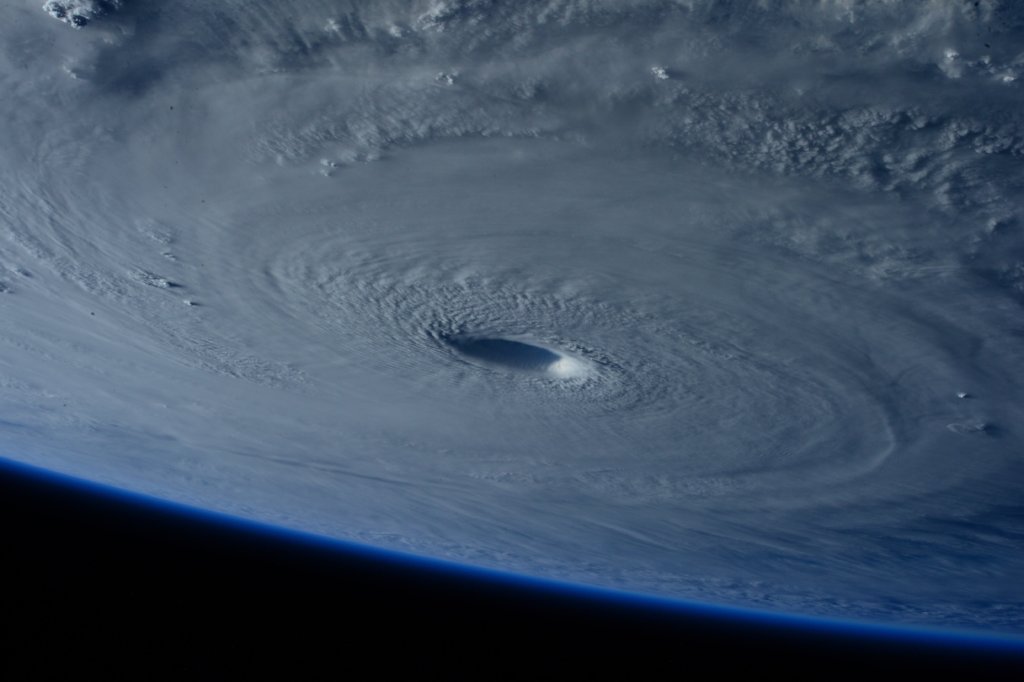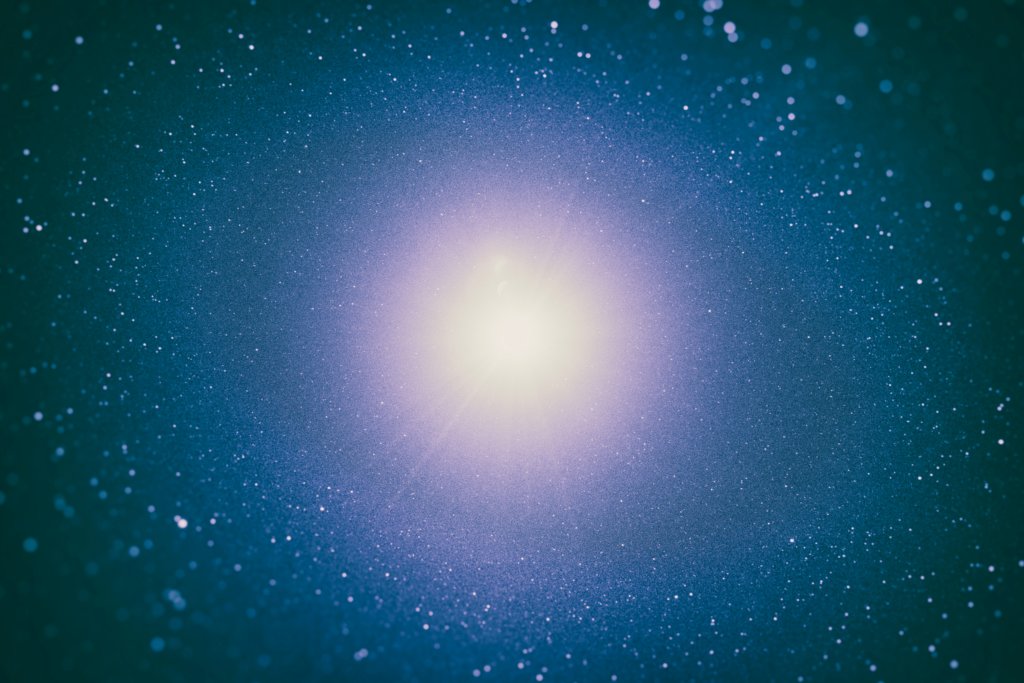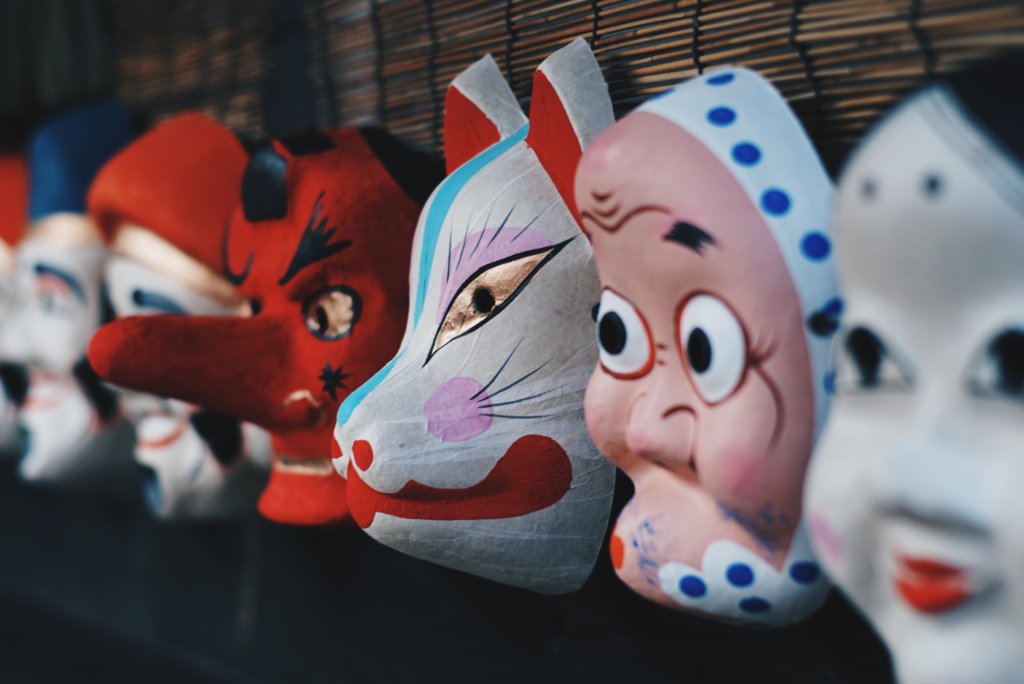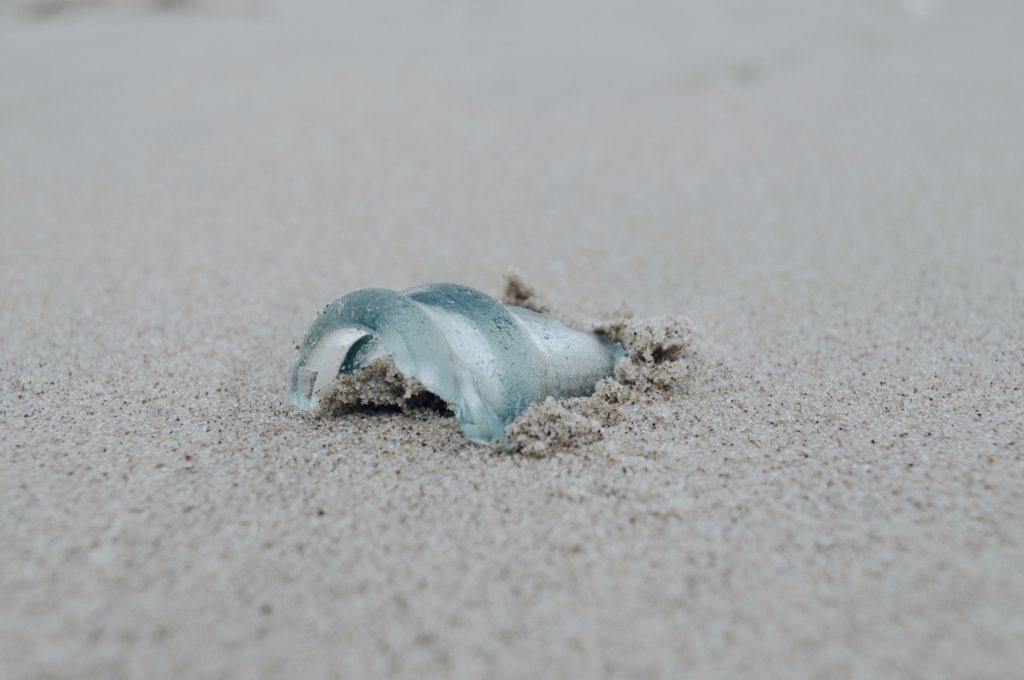One of the things I’m grappling with right now, as per usual, is acceptance. It’s easier for me to zoom ahead to the near-distant future when things are different. When I have a job again, when my body feels better. It’s much harder me to stay in the moment and accept my current reality. The present moment sucks sometimes. Who wants to accept something crappy? I sure don’t. However, I’m reminded, as I often am, of a passage from the Big Book of Alcoholics Anonymous on this topic:
“Acceptance is the answer to all my problems today. When I am disturbed, it is because I find some person, place, thing, or situation — some fact of my life — unacceptable to me, and I can find no serenity until I accept that person, place, thing, or situation as being exactly the way it is supposed to be at this moment. Nothing, absolutely nothing, happens in God’s world by mistake.”
Sometimes I believe that passage and sometimes I don’t. In a conversation with a friend she said sometimes she thinks life is drunk because things don’t make sense or they’re wacky. I agree. Life is weird. I’m not sure in this moment about the “no mistakes” thing. However, what I know to be true, is as much as I want things to change, they won’t unless I start where I am. For years I wanted to touch my toes, but I couldn’t. Every day I stretched my hamstrings a little farther, a little farther, and now I can touch my toes. But I had to accept my limitations in the moment of how far I could reach.
There’s something interesting for me in holding the paradox of where I am and where I want to be. Of accepting that I don’t like where I am and making an effort to be somewhere else. How do you hold those two places?
I looked up the definition of “accept” and one definition is “to receive.” I’m resonating with that word right now because a dear friend said to me the other day that I’m meeting myself. When I accept myself or my life circumstances, I’m receiving them, I’m meeting them, I’m greeting them. They become like a friend coming in out of a storm that I’m welcoming inside. There is no judgment, no sense of good or bad. Instead, there is neutrality and that’s exactly what I’m striving for right now. To let myself be what I am — no more and no less.
I can apply that mentality to circumstances as well. Do I like them? No. Can I receive them? Yes. To take the guest analogy further, guests are not residents — eventually they leave. Some guests stay longer than others, sure, but no one sticks around forever. And in the interim, what sort of host am I? I’d like to be the gracious and hospitable kind.
I dream of a world where we all practice acceptance. A world where we receive with hospitality all the “guests” that cross our threshold whether we invited them or not because sometimes we’re stuck with one another. A world where we realize nothing changes until we accept it first.
Another world is not only possible, it’s probable.
My body hurts. Not in a debilitating way. More like in a dull, aching, inflamed way. The pain reminds me my body is not a machine, despite my predilection to treat it that way. I have to admit I’m angry I can’t control my body; that it’s not doing what I want it to be doing. But when I dig a little deeper, I remember my body isn’t some irrational creature — rather it reacts to something. In my case, I’m realizing my body has stored trauma.
Dr. Bessel van der Kolk, an expert on trauma, has spent more than three decades working with trauma survivors. In The Body Keeps the Score, he uses scientific advances to show how trauma literally reshapes both body and brain, compromising sufferers’ capacities for pleasure, engagement, self-control, and trust. In essence, trauma is not only something that happens in the brain, but in the body.
I’ve spent many years unraveling trauma on a psychological level. I’ve read books, enlisted help from others, and engaged in practices such as EMDR to rewire my brain. What I haven’t done as much, what I’ve largely ignored, is the physical component of stress and trauma. Don’t get me wrong, I have a regular yoga practice and have seen energy medicine practitioners over the years, but it’s obvious I need something more because I have a long list of foods I’m allergic to and I keep adding to it. It’s not realistic for me to spend the rest of my life avoiding certain things because if I eat something often enough, I become allergic to it. A friend of mine joked pretty soon all I’ll be able to eat is protein water. There’s a kernel of truth to her joke.
I’m starting to see a network spinal analysis chiropractor. It’s a modality Tony Robbins said is one of the most powerful sources of transformation he’s ever experienced. This blogpost isn’t to extol the virtues of network care, but rather to bring more awareness to the body. How often do we get pissed because our shoulder hurts but neglect to ask why it hurts? How often do we treat our bodies like enemies instead of close friends? I’m absolutely guilty of this, but more so, I’ve been a bit naïve thinking I could experience some of the most stressful things possible and that my body would not be impacted. I thought I could carry on as usual. Turns out I can’t.
My spiritual tradition emphasizes the divinity in all things, and that includes the body. It’s my responsibility to treat my body as a sacred vessel, helping it to calm down and unwind from stress. Sometimes that means taking a bubble bath, but sometimes that means seeing a professional. I realize not everyone has the means to do so, but it is my sincerest wish that everyone has the opportunity to access that sort of care.
I dream of a world where we all take care of our physical forms. A world where we recognize our bodies carry stress and trauma. A world where we help ourselves heal in body, mind, and spirit using modalities that work for us. A world where our society honors and values the lives and bodies of all of us.
Another world is not only possible, it’s probable.
Facebook is reminding me of events from several years ago. In 2013 at this time I moved into a sublet in Berkeley, unsure if I would find a place to live that suited my needs and my budget. What’s interesting to remember, and relevant for my present situation, is seeing how taken care of I was. In one particular incident, that prompted a blogpost, somebody gave me a magnet while traveling. I could have thrown it away, but I kept it even though carrying around a refrigerator magnet when you don’t have a fridge isn’t logical.
When I moved into the Berkeley sublet, the bare metallic refrigerator gleamed under the kitchen light. I grabbed a scrap of paper to write my grocery list, which I normally keep on the fridge, but didn’t have a magnet to hold it up, until I remembered the magnet given to me months before. The universe provided me with something I didn’t know I needed, which moved me deeply.
The universe continues to move me. At the moment, I’m unemployed and broke as a joke. Yet strangely, I feel relaxed and at ease because the universe continues to provide for me. On Wednesday, I went to a paid focus group. This week I have another focus group scheduled. These don’t happen regularly. I can’t plan or predict when I’ll be chosen because each focus group looks for a certain demographic. The fact I’m participating in two this month when I need the money is pure grace.
The universe is also showing up for me through friends. A friend paid me to babysit her son. Other friends have bought me dinner, or given me rides places, or gifted me with money and frequent flyer miles. (I feel a little awkward mentioning it, but I’d be remiss if I didn’t highlight my patreon campaign, which is a great way to contribute to me and this blog. No worries if you don’t feel moved, but it’s an option if it calls to you.)
I may be broke financially, but I feel rich in other respects due to my friendships. Thank you for that. Thank you for your generosity, for your support, your care. Thank you for helping me during this challenging time. This period has shown me I’ve invested wisely in my relationships.
Beneath my anxiety over getting a job, I feel calm and at ease. I feel supported and caught by a net that’s bigger than me. It’s a web woven with threads of friendship and love from my higher power.
My spiritual teacher often couches the divine as a loving parent, taking care of us, knowing what we need and want. It’s in difficult times that I see how true that is. In a weird way, I’m grateful I’m unemployed because it’s an opportunity for connection with my community, myself, and my higher power. I’ll be grateful when I have a job again, of course, but there’s also something special about witnessing the magic of the universe providing me with what I need.
I dream of a world where we notice how we’re taken care of. A world where we feel supported and at ease in good times and bad. A world where we recognize the value of our relationships. A world where we have faith the universe will come through for us.
Another world is not only possible, it’s probable.
I interviewed for a job recently that sounded perfect for me. When I told my friends about the position they all laughed because it seemed like such a great fit. It turns out it wasn’t because the company decided not to proceed with my application. It stings and also doesn’t make much sense to me.
I started puzzling out why they didn’t hire me, trying to comprehend their reasoning. My therapist told me, “Some things don’t make sense and sometimes suffering happens.” Ouch. Can that not be true? Thanks. It’s interesting to notice how much I don’t accept this perspective. I want a reason for everything. I want to know why. Why did a man try to run over pedestrians because he thought they were Muslims? Why did someone open fire on a synagogue during a Passover service? Why did a man shoot elementary school students?
There are lots of possible answers — people are sick, they’re hurting, etc. — but there are many sick and hurting people that don’t kill others. Can I allow myself to instead grieve over the fact I don’t understand why people act this way? My adult self can rationalize ad nauseam, but the young part of me doesn’t understand. Doesn’t understand why a job that seemed so perfect slid away, doesn’t understand why people disappear, and certainly doesn’t understand why people are cruel.
I think part of this is because I prefer to live in denial, or an idealistic fantasy. I mean, I know bad things happen, but I like to rush by them as quickly as I can like walking past foul-smelling garbage. It’s hard for me to accept the harshness of life.
In my spiritual tradition, we say God is an acronym. It stands for Generator, Operator, and Destroyer. I can totally get behind the generator and operator part. I’m all about creation and maintenance. The destroyer though? Surely that’s not God, is it? It is. Black holes are God and death is God and decay is God. It’s painful for me to admit that, I don’t want it to be true, but it’s true nonetheless. This is the cycle of life, a never-ending rhythm of creation, operation, and destruction.
My spiritual teacher says, “An indivisible cosmic rhythm which started from beginningless time marches ahead to infinity. No creature can remain away from this internal divine flow.” He also says that which is beyond the scope of causality is liilá. What we don’t understand, what we can’t explain, is called liilá. I could spend my life trying to figure out things I’ll never have an answer for, or I can give in to the rhythm and join the dance.
I dream of a world where we realize we won’t understand everything. A world where we allow ourselves the time and space to grieve the senseless and the tragic. A world where we understand that, too, is God, and that, too, is a part of life. A world where we keep dancing with the universal rhythm.
Another world is not only possible, it’s probable.
I’m traveling right now so I’m recycling this post about Passover from last year.
Jewish holidays affect me – my life seems to sync up with them even if I’m not paying too much attention to the calendar. Right now people are celebrating Passover as well as Easter all over the world. What does that mean for me personally, and why would anyone other than me care? Bear with me – I believe my experience is a universal one so I’m hoping others will benefit from hearing what I’m going through.
As we know, Passover celebrates the Jews’ escape from Egypt. The Hebrew word for Egypt, Mitzrayim, also means narrow spaces. That means on a metaphorical level, Passover can also represent the liberation from narrow spaces. In addition to a past event, Passover can also be deeply personal and individual. For many years, that’s precisely how I experienced Passover. The regular occurrence is interesting. Like clockwork, at this time of year, life feels narrow. Not only feels narrow, but is narrow. There are many things I choose not to do because the consequence of doing them is too great. There are many foods I choose not to eat because eating them causes my body to hurt. I’m not throwing myself a pity party, I’m merely stating facts.
Always at Passover I fall into a bit of a funk and chafe against restriction. Life is not pleasant during Passover. It’s often trying and painful and dark. I’m not saying it’s as bad as a refugee fleeing for her life, but everything is relative. Everything is in degrees. I experience a small taste of what my ancestors went through and what many people still go through. However, Passover is not all bad. It’s not all plagues and sorrow. It’s also joy. It’s recognizing the deep, the dark, the painful, the narrow, and the relief that comes from no longer being in that space. It’s the thrill of leaving it all behind and being able to roam free. It’s not only Passover that celebrates renewal, but obviously Easter too. Christians also celebrate new life and resurrection at this time of year.
Passover and Easter are reminders of all the horrible things people have been through and their transition out of those things. Passover and Easter are holidays that celebrate hope and courage without omitting the pain. I’m not on the other side of my personal Mitzrayim yet, but I know I will reach the promised land, so to speak. I also take heart in a quote from my spiritual teacher who said, “Difficulties can never be greater than your capacity to solve them.” I truly believe that. Right now my difficulties feel insurmountable, but the holidays many of us are celebrating remind me that’s not true. The holidays remind me it can take a while, a long, long while, but eventually liberation happens.
I dream of a world where we remember no matter what we’re going through, eventually it will pass. A world where we remember we, too, will be liberated from our narrow spaces. A world where we take heart in stories from the past and use them as fuel for the future.
Another world is not only possible, it’s probable.
I’m traveling so I’m recycling this post from almost exactly 10(!!) years ago.
What’s coming up for me this week is patience and timing. There are some things in life I really, really want. In the past I’ve taken steps to attain those goals and felt impatient/frustrated when I didn’t get what I wanted the very minute I wanted it.
When I moved to California, I wanted a job and apartment and friends immediately. That obviously didn’t happen. I spent much of those seven months feeling frustrated and wanting to beat my head against the wall. I think about how I scoured Craigslist hourly, looked at every media job bank available, joined a temp agency, used my connections, etc. I did everything I possibly could to become employed and felt SO aggravated when it didn’t happen right away. Now I look back and laugh because clearly things happen when God wanted them to, not when I did. And that’s what I’m learning, that’s where patience comes in for me: acceptance of someone else’s timeline.
I see how God has a timeline and it more than likely does not match up with mine. I mean, really, I joined a temp agency and didn’t get a stitch of work. Not a single job. I have to laugh because clearly it all happened when God deemed fit.
It’s a lesson I’m applying to my current situation as well. I really want to be in a relationship. I really want a companion in my life. I get out a lot, I know tons of people, I’m on a dating website, but it’s not happening. I’m doing everything a person can possibly do but it’s not manifesting. Here’s the thing. It’s not up to me. Not really. The timing has to be right, not just for me but also for whomever I’m going to end up with. My life is clearly guided by a force greater than myself, a force that knows what’s in my best interest and that’s something I’m learning to accept.
I guess what I’m saying is I finally accept there are some things (many things) I do not control. Many things, like timing, are out of my hands. And in my mind acceptance is a synonym for patience. I accept I’ll be in a relationship when God deems it time; I accept I’ll get to the front of the line at the bank when I do; I accept the bus will come when it does. When I accept what life is I feel patient. I can either beat my head against the wall in frustration or I can enjoy what’s before me.
I choose to accept my life as it is, to feel content with what’s here. I choose to enjoy my situation, feel satisfied with the present moment, and know everything has a timeline and will eventually blossom. I choose to savor every drop of my life because this moment is all I have. I know some things take a while and I’m finally willing to wait.
I dream of a world where we recognize things happen according to God’s timeline and in the meanwhile the best we can do is enjoy what is. I dream of a world where each person is filled with ease and patience and joy. A world that caters to our best interest as opposed to instant gratification. A world where patience is valued, where we’re willing to wait for what we want.
Another world is not only possible, it’s probable.
You know how people say most of the things they’re afraid of never happen? The opposite is true for me — most of the things I’ve feared have happened. Not the fleeting, “I’m scared I’ll miss my flight” things, but the “I’m scared I’ll be broken into” things. The recurring fears, the ones that cause my stomach to roil and my chest to constrict. I want to take a moment here to recognize my fears are of a privileged white woman. I totally understand other people lead tougher lives than I do, with fears greater than mine. I understand I have a relatively easy, cushy life. I’m not here to get into a competition about that. Rather, the point of this post is to talk about fear and resilience.
For much of my life I’ve braced myself for terrible things. I’ve done my best to ward them off but they happened anyway. And because they happened, I feel less afraid now. I no longer have to fear the worst because the worst has happened and I’ve lived to tell the tale. It also means I know how to take care of myself in challenging times. If I have to endure a hardship again, I will because I did before.
Researcher and storyteller Brené Brown writes about this character trait, resilience, in her book Rising Strong. She said, “While vulnerability is the birthplace of many of the fulfilling experiences we long for — love, belonging, joy, creativity, and trust, to name a few — the process of regaining our emotional footing in the midst of struggle is where our courage is tested and our values are forged. Rising strong after a fall is how we cultivate wholeheartedness in our lives; it’s the process that teaches us the most about who we are.”
Check and check. I used to think of myself as a scaredy cat. As someone sensitive and fragile. But after everything I’ve been through, I’m moving closer and closer to feeling fearless because what else do I have to be afraid of? I’ve already surmounted many obstacles in my life. At this point I’m confident I have the tools to get through anything. I have evidence to prove my feelings won’t kill me, even if feeling them sometimes is excruciating. And I continue to turn to my spiritual practices.
My spiritual teacher says over and over again if a person takes shelter in the Supreme, they need not be afraid of anything in this world. That the divine is “more courageous than the most courageous and braver than the bravest. Those who take shelter in [the divine] are therefore bound to acquire these qualities: courage, bravery, chivalry, and so on. Once endowed with such qualities, what is there to fear?”
I’m a human being so I still fear many things, but I know the more I lean into the presence of my higher power, the better I feel. The more I surrender, the more I recognize everything is an expression of an infinite loving consciousness; the more relaxed I become and also the more fearless. There’s a quote floating around about how the devil whispered in a warrior’s ear: “You’re not strong enough to withstand the storm.” And then the warrior responded, “I am the storm.” That’s what it feels like right now. May we all feel that way.
I dream of a world where we recognize our resilience. A world where we recognize our ability to tackle all the challenges coming our way. A world where we become more and more fearless because we understand not only are we strong enough to withstand the storm, but that we are the storm.
Another world is not only possible, it’s probable.
One of the maladaptive ways I keep myself safe is through black and white thinking. When I meet someone, I make a snap judgment as to whether they’re nice or not and hold that image in my head like a painting. My opinion doesn’t change, even when their behavior starts to show the person isn’t nice.
Recently I met someone I perceived to be warm and easygoing. I put her in the “safe” category of people. I assumed she wouldn’t hurt me, that she’d respect me, and that I could interact with her without conflict. It turned out that wasn’t true. She flipped on me, showing a sharp side, a selfish side, an aggressive side. Her behavior shocked me for a variety of reasons, but one of the biggest is I didn’t pick up on this side of her personality at all when we first met. I started blaming myself for putting her in the wrong category, lamenting that I didn’t see this coming. How could I have been so wrong? I’ve had to remind myself people are complex and have different aspects of their personality. That not everyone is who they seem.
I read an Instagram post about a woman with an abusive ex-husband. She said people only see his charming side so it’s hard for them to believe he treated her poorly. We hear about that regularly, don’t we? How abusive people can be so loving, so charming, and so sweet. It’s confusing when they become violent, whether that’s emotionally, verbally, or physically. Where did this come from?
I’m reminded of the Dr. Jekyll and Mr. Hyde story, written in 1886, which endures because it speaks to a deep truth about human beings. We are all angels and demons. At any given point we could be a Dr. Jekyll or a Mr. Hyde. No one is static. No one remains immune to evil. Similarly, redemption is also possible for even the most hardened criminal.
My spiritual teacher says those two forces are constantly at work in the universe. We are in a ceaseless tug of war with both energies. We never have it made, so to speak, meaning life is about choices and in any given moment we can choose to behave poorly or not. It’s unrealistic to assume a person will stay the same because it’s the everyday choices that make up who we are, that change us. People either evolve or devolve, but they don’t stay still.
The world is not black and white, it’s in color. It’s complicated and nuanced and ever-changing. That means people are complicated, nuanced, and ever-changing as well. It’s hard to hold that mindset but it’s what will truly keep me safe because it keeps me grounded in reality and in the present.
I dream of a world where we recognize we each have the capacity for good and evil. A world where we remember people change all the time. A world where we realize it’s important to adjust our judgments of people when we are provided with evidence of their character.
Another world is not only possible, it’s probable.
For the past few weeks I’ve woken up every day with high anxiety – a 10 out of 10. Each day I’ve wondered if a figurative bomb would drop on me. Some days the bomb dropped and some days it did not, but no day proceeded as I expected. I won’t get into specifics publicly, but I’ve been challenged in ways I never have before.
Throughout this process I’ve reached out to others for support and I’ve also turned to my spiritual practices. In my spiritual tradition, as well as in many others, we have the concept of surrender. Surrender is a hard pill to swallow because at least in the culture I’m most familiar with, we’re taught to fight, to try, to never give up. We’re taught that we’re masters of our fate, the captains of our soul. Weeeelllllll, not so much, according to spirituality. In spirituality, we take the opposite approach, that rather there is a force bigger than us, directing the show. That we are merely players upon the stage.
A monk I know says we’re able to experience a divine shower of love when we surrender body, mind, and soul. When the hard shell of ego is cracked – and often it’s cracked through extremely painful experiences – that’s when we become like children and let the universe take care of us. When the shell of ego is cracked, that’s when we may feel the most connected to the divine, if we take that stance.
Everything I’m going through has certainly cracking my ego shell. It has forced me to surrender my personal will, my notions of how things will work out, and instead let go. It’s not possible for me to behave otherwise. Thinking I control what’s happening is only succeeding in making me feel crazy. My mind is spinning with all the possible scenarios and outcomes and the reality is, I have no idea. I can’t prepare for all eventualities because more often than not, things I didn’t conceive of are what manifest.
You know that joke, “How do you make God laugh? Tell him your plans”? That sums up my life right now. I never, never saw any of this coming. I never anticipated I would be in this situation, yet here I am. My ego is getting beaten to a pulp right now. And even with all the fear and anxiety, all the Sturm und Drang, I’ve had moments of pure grace, of magic and mystery. I’ve witnessed my higher power taking care of me, showing up for me, demonstrating power and presence.
Do I know how things will turn out? No. Might it be terrible? Yes. But can I still feel deeply loved and held by a power greater than myself? Absolutely. And I have that wish for others too.
I dream of a world where even amidst pain and suffering, we feel loved and supported. A world where we recognize the power and the presence of something bigger than us. A world where we understand often the universe has to crack through our hard shell of ego and self-will in order to shower us with grace.
Another world is not only possible, it’s probable.
